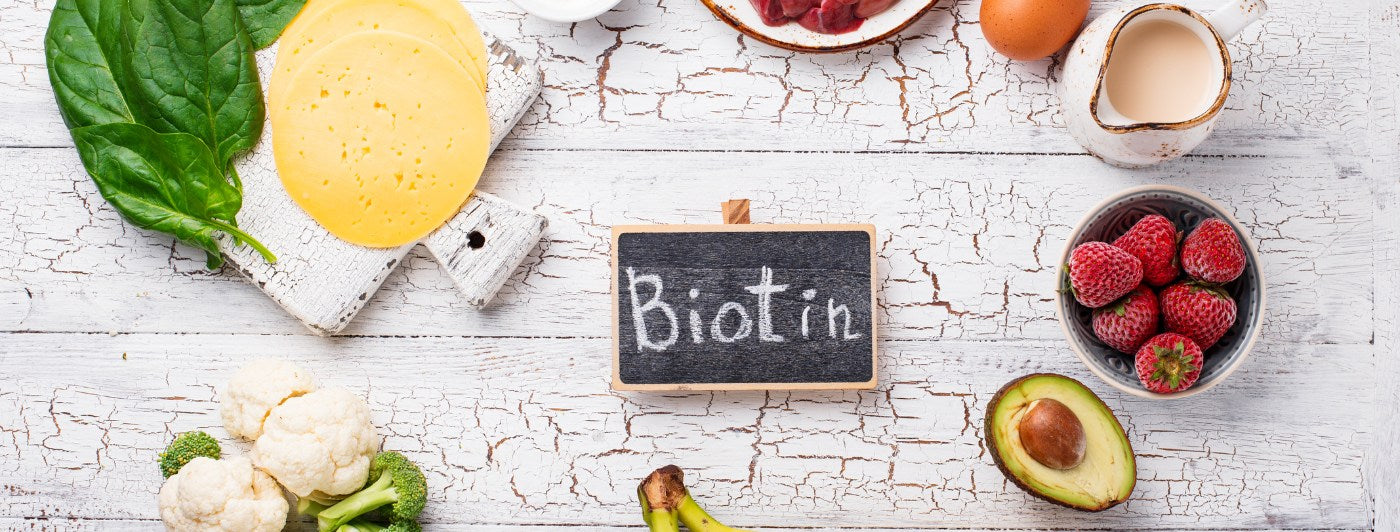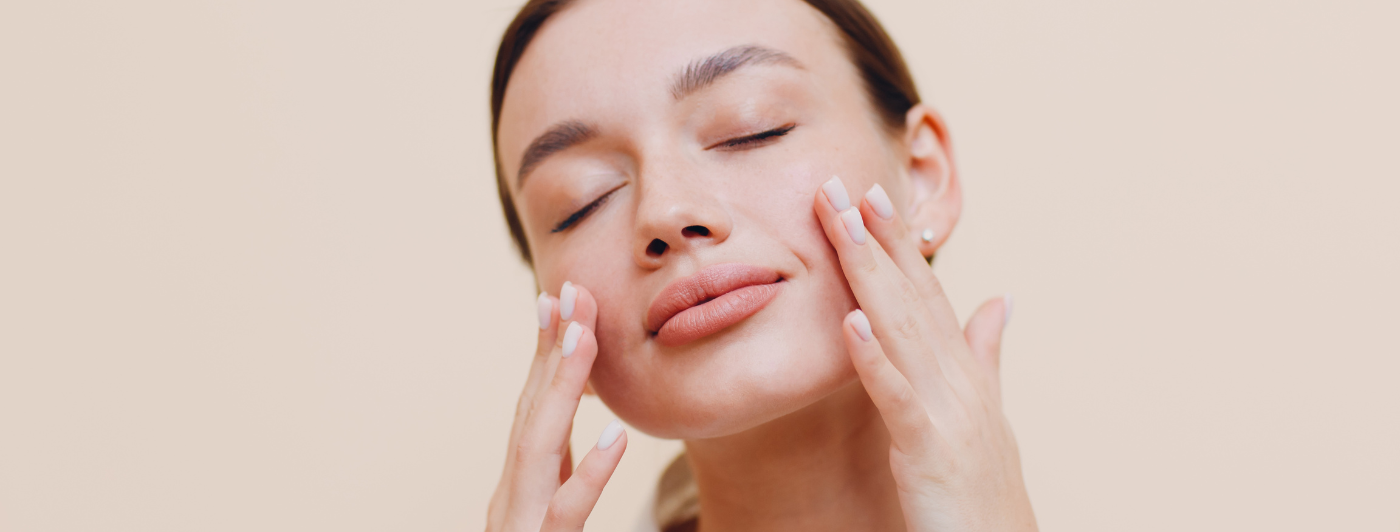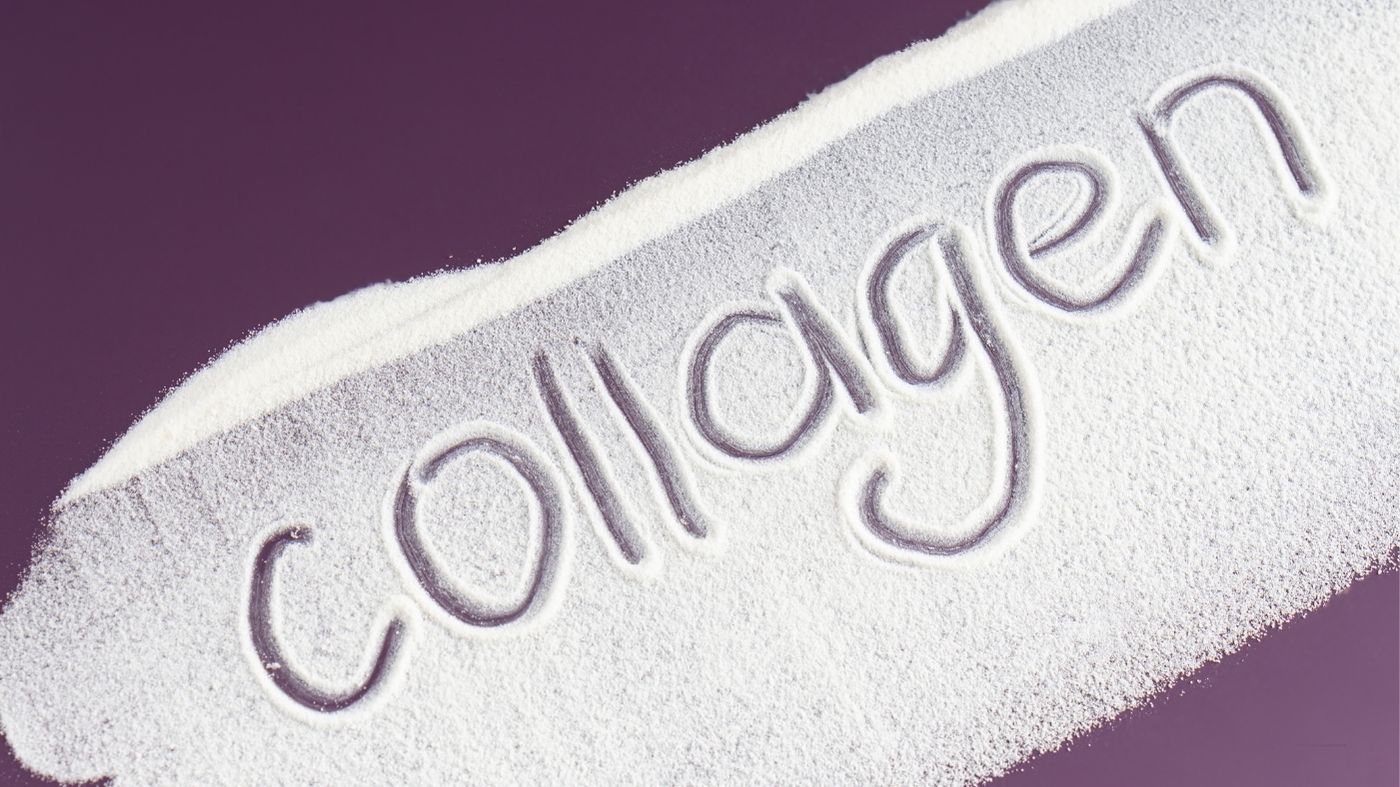Biotin: A Vital Nutrient for the Body
Biotin is a vitamin that helps our bodies work well. It's also called Vitamin H or Vitamin B7. It acts as a coenzyme, assisting in the breakdown of carbohydrates, fats, and proteins. While our bodies produce some biotin, we also need to obtain it through our diet. Biotin helps to keep your hair, skin, and nails strong and healthy. It helps strengthen hair follicles, promotes skin health, and prevents nail brittleness. Understanding the uses of biotin can help you appreciate its importance in your overall well-being. By ensuring adequate biotin intake, you can support healthy hair, skin, and nails, and optimize your metabolic processes.
A Closer Look
Biotin is a member of the B vitamin family and plays a crucial role in various metabolic processes. Chemically, biotin is a complex molecule composed of a tetrahydrothiophene ring fused to an imidazolidone (ureido) ring.
As a coenzyme, biotin works with enzymes to catalyze specific biochemical reactions. One of its primary functions is to help break down fatty acids, carbohydrates, and amino acids. Biotin is involved in the process of gluconeogenesis, which is the body's ability to produce glucose from non-carbohydrate sources.
Understanding the uses of biotin can help you appreciate its importance in maintaining overall health and well-being. By ensuring adequate biotin intake, you can support various metabolic processes and optimize your body's function.
Biotin's Benefits for Hair, Skin, and Nails
Biotin is a good source for your hair, skin, and nails, so people call it the 'beauty vitamin':
- Hair: Biotin helps strengthen hair follicles, promoting thicker, healthier hair growth. It can also help reduce hair breakage and shedding.
- Skin: Biotin plays a role in maintaining skin health and elasticity. It can help improve skin hydration and reduce dryness and flakiness. Additionally, biotin may be beneficial for individuals with certain skin conditions.
- Nails: Biotin is known to strengthen nails, reducing brittleness and preventing breakage. It can help nails grow longer and appear healthier.

Biotin and Metabolism
Biotin helps your body turn food into energy, including:
- Energy production: Biotin is a coenzyme in the breakdown of fatty acids, which are a major source of energy.
- Carbohydrate metabolism: Biotin helps convert carbohydrates into glucose, which is the body's primary source of energy.
- Amino acid metabolism: Biotin is involved in the breakdown and synthesis of amino acids, which are essential for building and repairing tissues.
By understanding the uses of biotin in these areas, you can appreciate its importance for overall health and well-being. Ensuring adequate biotin intake can support healthy hair, skin, nails, and metabolic function.
Biotin Deficiency
Biotin, a water-soluble vitamin, plays a crucial role in various bodily functions. It is essential for maintaining healthy hair, skin, and nails, as well as supporting metabolic processes. Biotin deficiency can lead to symptoms such as hair loss, skin rash, and fatigue. While biotin is naturally found in a variety of foods, including organ meats, egg yolks, salmon, avocado, nuts, seeds, and pea protein, supplements may be considered in certain cases. By understanding the uses of biotin and ensuring adequate intake, you can support your overall health and well-being.
Incorporating Biotin into Your Daily Routine
- Prioritize biotin-rich foods: Include foods like organ meats, egg yolks, salmon, avocado, nuts, seeds, and pea protein in your diet.
- Supplements: If you are unable to meet your biotin needs through diet alone, consult with a healthcare professional about biotin supplementation.
- Consider lifestyle factors: Certain lifestyle factors, such as excessive alcohol consumption or the use of certain medications, can affect biotin absorption.
- Monitor for deficiency symptoms: Pay attention to any signs of biotin deficiency, such as hair loss, skin rash, or fatigue. If you experience these symptoms, consult with a healthcare professional.
By understanding the uses of biotin and implementing these practical tips, you can effectively increase your biotin intake and support your health and well-being.
Conclusion
Biotin, a vital nutrient, plays a crucial role in various bodily functions. It is essential for maintaining healthy hair, skin, and nails, as well as supporting metabolic processes. By understanding the uses of biotin and taking steps to ensure adequate intake, you can optimize your overall health and well-being. Incorporating biotin-rich foods into your diet and considering supplementation like plant based biotin supplements for hair growth, can help you achieve optimal biotin levels and reap the benefits of this essential nutrient.











